Ready to Join the Solar Revolution?
Contact us today to learn how our Perovskite solar solutions can benefit your energy needs.
Perovskite solar cells are shaping the future of clean energy - Har Ghar Roshni, powered by the Mysun.
With high efficiency, cost-effectiveness, and cutting-edge technology, we are redefining solar innovation.
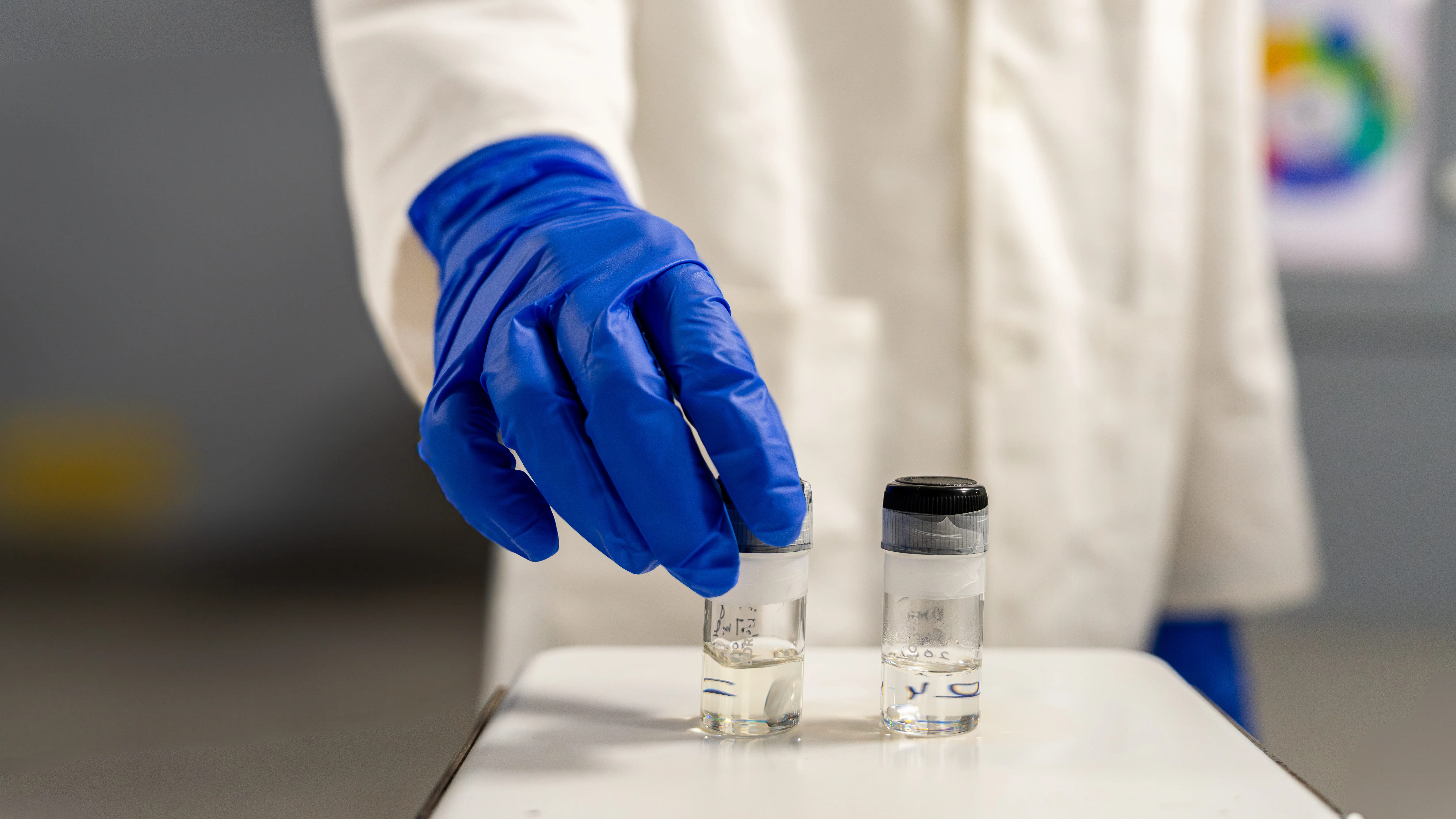
As India's first Perovskite solar cell manufacturer, we combine cutting-edge research with commercial viability to deliver the next generation of solar technology.
Pioneering Perovskite solar solutions with superior efficiency and performance metrics.
Lower production costs compared to traditional silicon-based solar cells.
Environmentally friendly manufacturing with minimal carbon footprint.
Supporting Atmanirbhar Bharat with indigenous solar technology.
P3C Technology and Solutions Pvt. Ltd. is India's first and leading Perovskite solar cell manufacturing company. P3C stands for Photovoltaic and Photovoltaic Processing Components.
After three years of successful developmental research work in the laboratory at IIT BHU, we decided to commercialize this groundbreaking technology.
Our mission is to revolutionize the solar energy sector with efficient, affordable, and sustainable Perovskite solar solutions.
Learn More About UsDiscover how we're revolutionizing solar energy
See how we produce high-efficiency solar cells
"MySun" pioneers efficient solar energy with advanced Perovskite cell technology
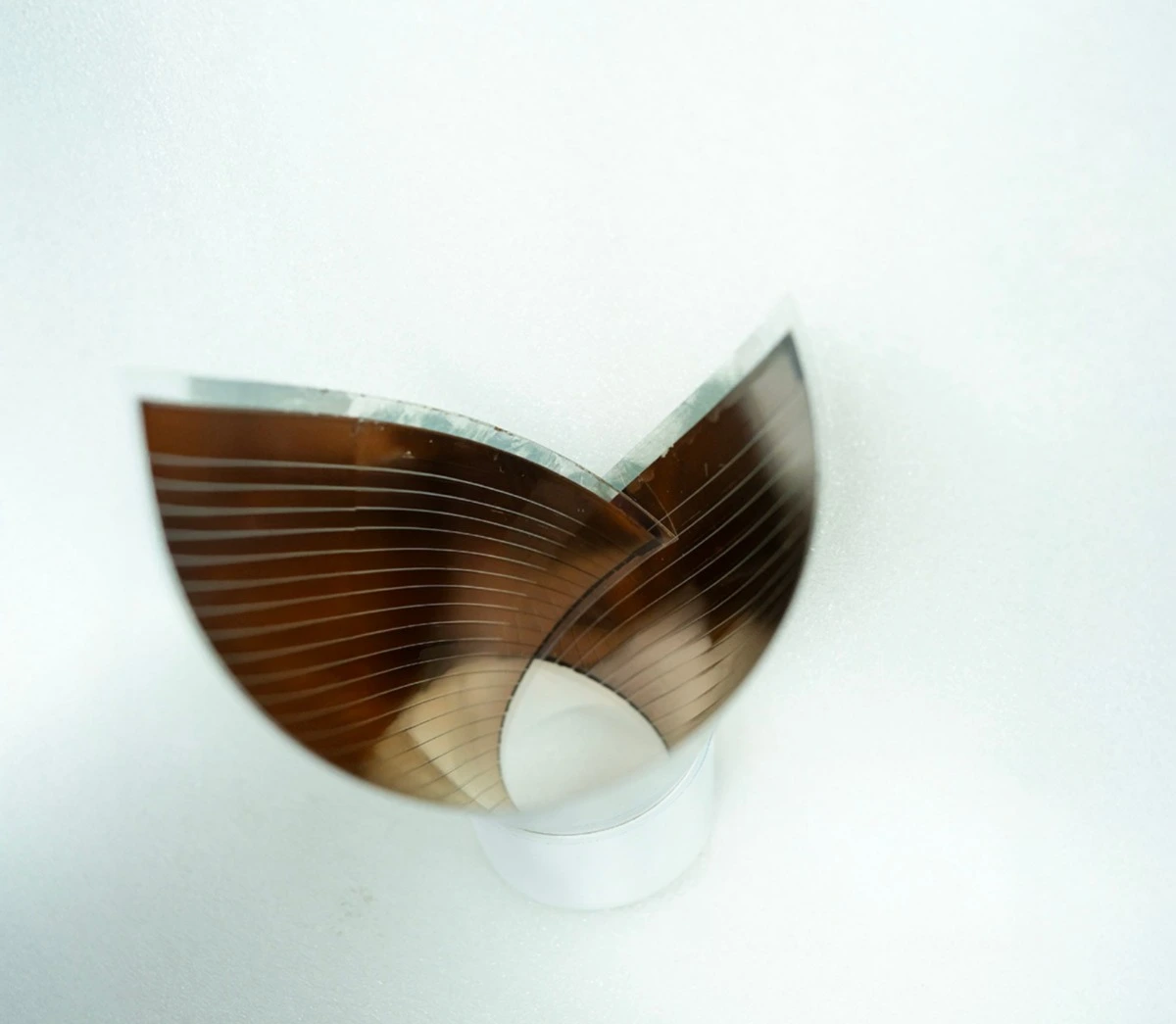
Perovskite solar cells offer a sustainable solution by enabling energy-efficient production, using fewer materials, and delivering high efficiency. Their flexibility makes them ideal for diverse applications, from buildings to portable devices.
With lower costs and easy scalability, Perovskite technology has the potential to revolutionize solar energy, supporting global sustainability efforts.
Solar energy is an inexhaustible green energy source that has the potential to revolutionize the way we power our world. The sun produces enough energy in a day that is equivalent to the electricity requirement of the entire world for a year.
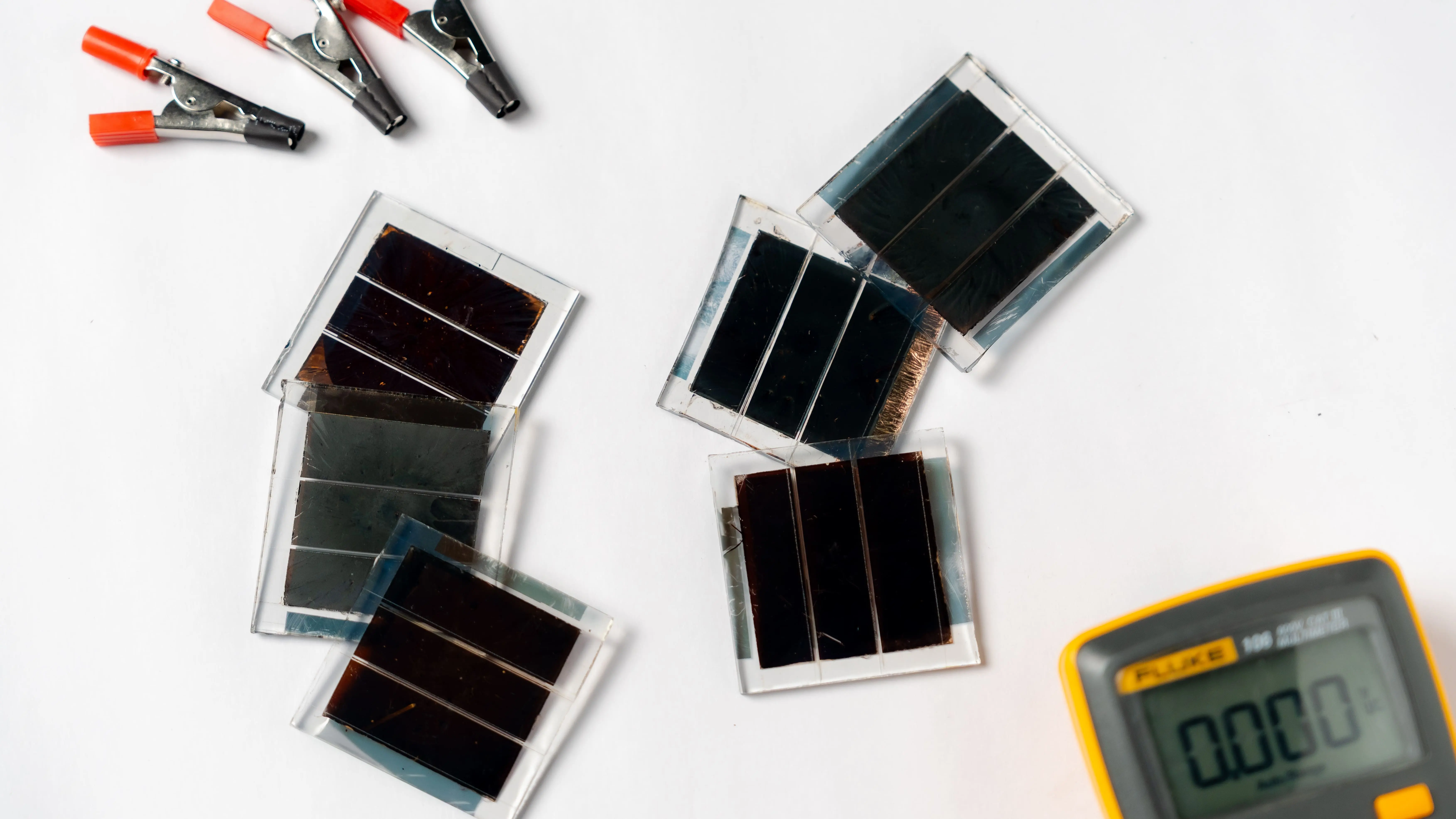
A Perovskite solar cell is an advanced type of solar technology that utilizes a Perovskite-structured compound as the active light-absorbing layer. This unique class of materials features a specific crystal structure, enabling efficient conversion of sunlight into electricity.
Perovskite solar cells have rapidly gained attention due to their high power conversion efficiency, lower production costs, and scalability compared to present market technology.
Their versatility allows them to be fabricated in both rigid and flexible formats, making them ideal for a wide range of applications such as rooftop installations, building-integrated photovoltaics (BIPV), portable electronics, and even wearable devices.
P3C collaborates with leading institutions to drive Perovskite innovation
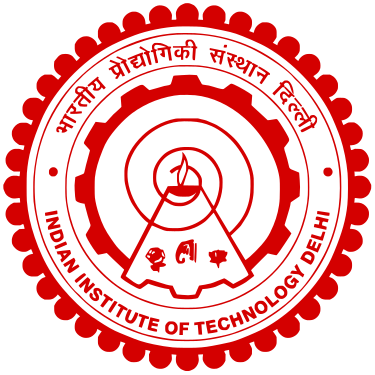
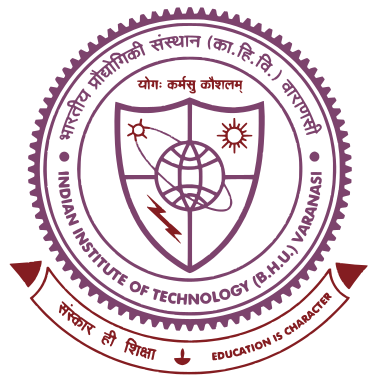
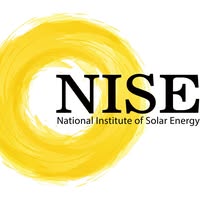







Latest Blogs
Perovskite technology is transforming sustainable energy with higher efficiency, low-cost production and lightweight solar solutions that power the future of clean energy.
Read BlogPerovskite Solar Technology: A Game Changer Perovskite solar cells are an advanced photovoltaic technology known for high efficiency, low production cost, and adaptability. Unlike traditional silicon cells, perovskite materials can be processed at low temperatures and deposited on a variety of substrates, opening doors for innovative solar solutions.
Read BlogFlexible perovskite cells enable solar panels on windows and unusual surfaces.
Read BlogOfficial announcements
P3C showcased MySun Glass and MySun Flexible at the BUILD-FITT Delhi launch event, connecting with industry leaders and innovators driving change in clean energy and sustainability.
Read MoreP3C Technology and Solutions Pvt. Ltd. proudly participated in the Renewable Energy India (REI) Expo 2025, held from 30th October to 1st November 2025. The expo provided an excellent platform for us to exhibit our advancements in next-generation perovskite solar technology.
Read MoreP3C Technology and Solutions has reported on a project to integrate flexible perovskite modules on Tata Motors’ Tata Ace EV.
Read MoreContact us today to learn how our Perovskite solar solutions can benefit your energy needs.